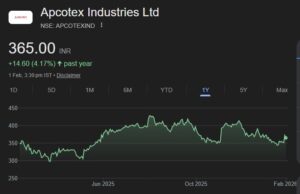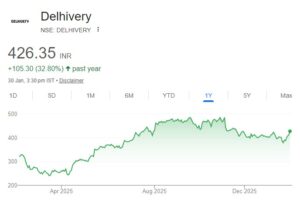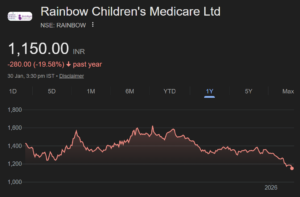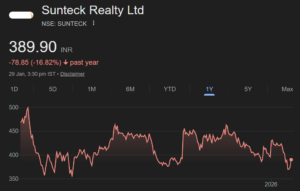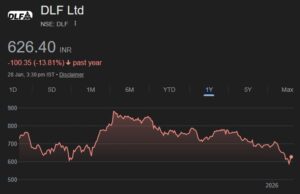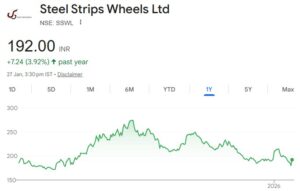Battery materials a growth engine
Neogen Chemicals’ (NCL’s) earnings will grow at a CAGR of 43% over FY24- 30E while RoE will improve from 6% in FY24 to 23% in FY30E. New-age chemicals from its battery material business will drive growth. Post commissioning of the Mitsubishi Ionic Solution (MUIS) technology-based electrolyte manufacturing plant in H2FY26, the electrolyte manufacturing capacity of NCL will jump 16x to 32,000MTPA. Domestic electrolyte demand of ~10,600MTPA in FY24 was largely fulfilled through imports of battery packs directly. This demand is expected to grow at a CAGR of a whopping 39% to reach ~77,000MTPA by FY30. NCL has a first-mover advantage in this new-age chemicals industry and will become the largest player in the domestic market. Revenue from battery materials business revenue shall jump up to INR 30bn (72% of total revenue) by FY30E.
High working capital requirements currently putting strain on NCL’s balance sheet. The battery chemical material business shall reduce the working capital cycle from 210 days in FY24 to 32 days in FY30. ROCE for NCL is expected to improve from 6% in FY24 to 13% in FY30. We are maintaining BUY on NCL with a TP of INR1,936.
Investment in battery chemical manufacturing Anticipating strong volume visibility for electrolytes over the next five years, NCL has decided to set up a 30,000MTPA MUIS technology-based electrolyte manufacturing plant. The company has already commissioned a 2,000MTPA electrolytes plant based on indigenously developed technology. The trial production from this plant has already commenced.
The company will spend ~INR 15bn on an expansion project. This includes 30,000MTPA electrolyte manufacturing capacity, 5,100MTPA of electrolyte salt capacity, land investments, plant & machinery, utilities, non-usable GST and interest cost accrued during the gestation period. The project will be funded through debt and internal accrual.
NCL has strong visibility for sales of electrolytes salts volumes during FY25 and FY26 and thereafter large portion of salts will be captively consumed. To fulfil these commitments, the company has revised salt manufacturing capacity from 1,000MTPA to 2,500MTPA to be operational by the end of FY25 at Dahej, SEZ. Furthermore, the company has planned to set up 3,000MTPA electrolyte salts and additives at Pakhajan, Dehej. A large part of this salt will be used to manufacture electrolytes using MUIS technology. NCL has 200MTPA lithium electrolyte salts and additives capacity already while trial production for another 200MTPA has commenced. Asset turnover of this battery chemical business is between ~2.3-2.7x with peak revenue potential ranging from INR 25bn to INR 29.5bn. Average asset turnover was 2.2x over FY20-24. This new business itself can generate revenue 4x the company’s revenue in FY24.
Domestic electrolyte demand to grow at 39% CAGR to ~77,000MTPA by FY30 The domestic electrolyte required for EV batteries was ~10,600MTPA in FY24. This demand is expected to reach ~26,500MTPA by FY27 and further to ~77,000MTPA by FY30. Generally, Electric Vehicle (EV) batteries for 2-wheelers are packs of small batteries assembled locally according to vehicle design and specifications. In other EV space, companies import designed sets of battery packs as per the specifications which can be directly assembled in EV. In India’s 2W EV battery sector, major suppliers like LG Energy Solution, Zhengzhou Bak Battery, and Panasonic, while in 4-wheeler and heavy vehicle EV space CALB Group has seen to be a larger supplier of the battery packs. Battery imports in 2-wheeler space have surged by about 41% in FY24, primarily driven by Chinese players, highlighting the heavy reliance of India’s EV supply chain on China.
